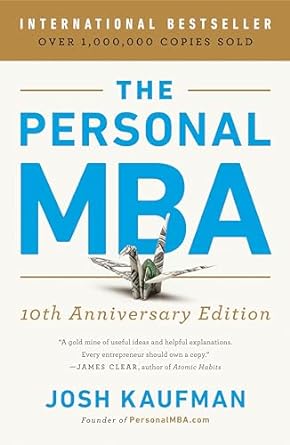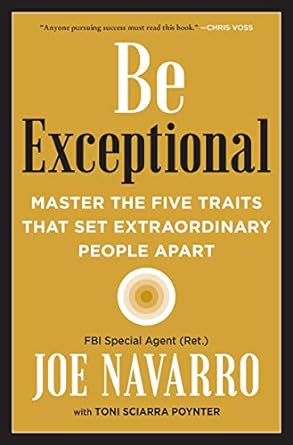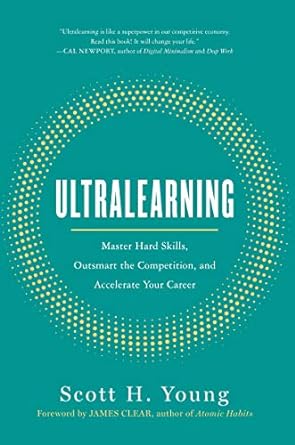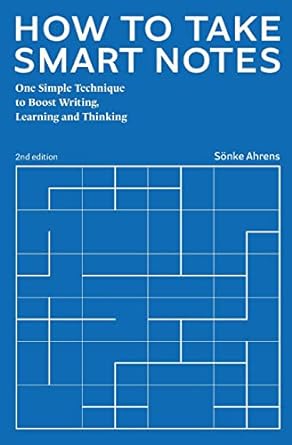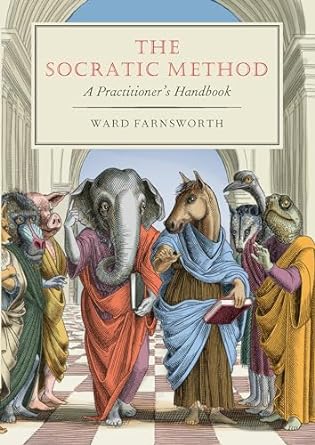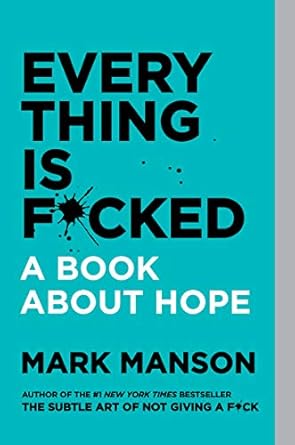Dunning-Kruger Effect
Humans have a tendency to overestimate their own abilities. This is particularly evident in people with little expertise or experience in a particular subject or task, which can lead to an irrational view of the world.
Key Insights & Principles
Self-mastery and learning
Insights:- Incompetence prevents you from being aware of it.
- Ignorance can lead to overconfidence.
- Confidence can have the benefit of increasing the likelihood of trying new things, but can also lead to poor decision making.
- A barrier to learning and growth is the fear of digging into something that we know little about.
- Be humble.
- Take the time to assess your strengths and weaknesses.
- Ask lots of questions.
Leadership and management
Insights:- Ignorance can breed poor leadership and decision making when leaders do not listen to others with experience, or know which decisions are sound, because of their ignorance.
- Listen to others with more expertise.
- Find those that have the knowledge and confidence to tell you when you are making mistakes.
- Be humble.

